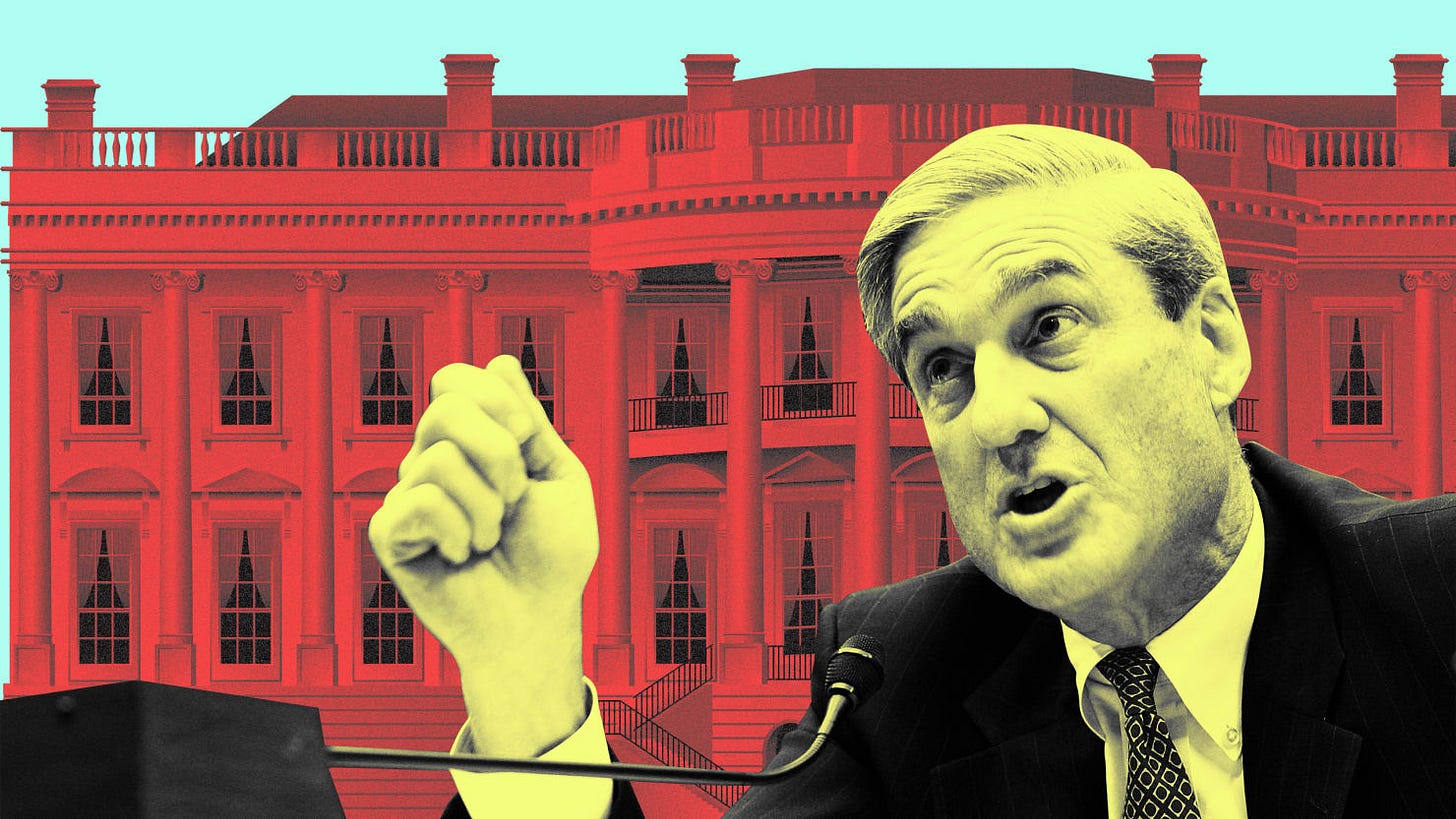The American political establishment has lost what little sanity it possessed.
After President Trump failed to publicly excoriate Russian President Vladimir Putin for the alleged meddling by Russia in the 2016 election, pundits on both the right and the left went into epic meltdown mode. Words like "treason" and "surrender" were thrown around with total abandon.
To add insult to injury, much of the media hyperbole was based on a complete misrepresentation of what Donald Trump actually said. While he did not accuse Putin outright of election meddling, neither did he exonerate him. As Tom Trinko cogently observed afterwards:
Trump never said the Russians didn't meddle – only that he discussed the issue with Putin and Putin denied it. Putin appears to be ready to back his claim up by providing Robert Mueller access to the 12 supposed hackers.
Putin could be lying, but nothing Trump said boils down to "the Russians didn't meddle." Rather, Trump was being diplomatic and didn't directly call Putin a liar.
All of this brings to the fore a simple yet rarely asked question: "What are the facts?" What is the actual empirical data that is actually known about Russia's presumed interventions in the 2016 elections?
Is there any such data? Frighteningly, the answer may very well be "no":
As I wrote when the Intelligence Community Assessment was first published in January of 2017, the report itself is contradictory and problematic, and fundamentally fact free. It was and is an opinion piece, and nothing more.
In September of 2017, Facebook came forward to announce that a Russian entity, the Internet Research Agency, had purchased a number of ad pages on the platform. Yet when the ads themselves were disclosed, their political impact seemed uncertain at best, and their impropriety seemed almost nonexistent. As evidence of improper "meddling", the ads are simply laughable.
In Mueller's first round of Russian indictments, the cases almost immediately imploded, first when it was revealed one of the companies named did not exist during the time frame covered by the indictments, and then when it was discovered that Mueller's investigators never translated the proffered "evidence"--largely uncorroborated social media posts--from their original Russian.
Mueller's second round of Russian indictments appears not to have been much better. In addition to be built essentially around apparently hearsay testimony, some of the particulars in the indictment may very well have been cribbed from other, unrelated investigations.
Weak evidence, false evidence, no evidence—objective scrutiny of Russia's alleged malfeasance is for the moment impossible because there is no publicly available objective data, no factual evidence—to scrutinize. Two years of investigation and endless hyperbole from hyperventilating pundits and politicians, and we have no facts.
By way of comparison, I submit a memorandum published on Counterpunch by a group called "Veteran Intelligence Professionals for Sanity" (VIPS), suggesting that the alleged hack of the Democratic National Committee's servers might have been an inside job and not an outside hack. I do not know if their assessment is more or less accurate than the ICA from January of 2017. I do know the assessment is factually grounded, where the ICA is not.
How is the VIPS memo factually grounded?
Links and citations are provided to primary source materials. We are not obliged to take the VIPS team at their word, but are allowed and even invited to scrutinize the primary source data for ourselves.
The primary source data is a forensic study of an archive of DNC material, part of a hack of the DNC network performed on July 5, 2016. The forensic analysis includes a link to the archive itself.
The forensic study provides an explanation of the examinations and computations conducted on the archive, thus providing a clear logical basis for the conclusions reached.
Even if the VIPS memorandum should prove inaccurate, it is still a superior treatment of these issues because it makes repeated reference to objective data that can be independently verified and scrutinized. Nothing from Mueller's prosecutorial efforts provides this level of comfort. The ICA does not provide this level of comfort. We are being asked to take these agencies at their word, while VIPS all but requests independent scrutiny.
Two years of investigation and endless hyperbole from hyperventilating pundits and politicians, and we have no facts. We have no objective data which we may independently verify and analyze. We have only opinion and allegation. This is the objective reality of the multiple investigations into the alleged malfeasances of Russia.
Absence of proof is not necessarily proof of absence. We cannot automatically infer from this lack of objective data that Russia is innocent of any wrong doing with regard to the 2016 election. However, the longer we are faced with an absence of proof, the less likely the claim of Russia malfeasance becomes, and the more likely that the truth of the 2016 election is something far different than the current hysterical and histrionic narratives of the media.




Way ahead on this issue - good job.